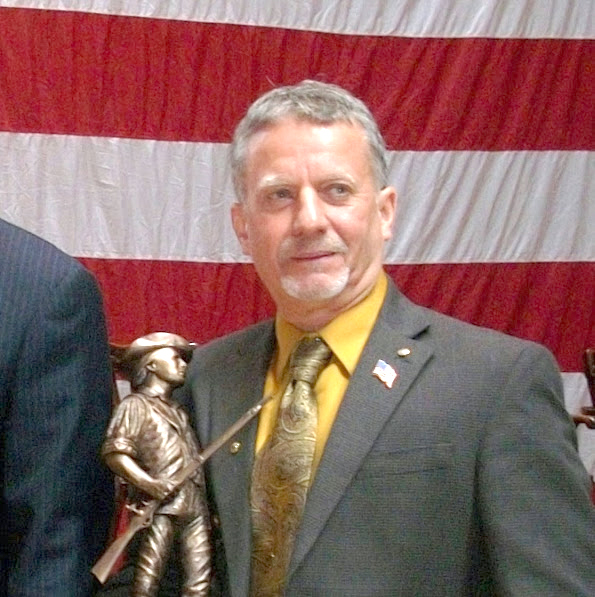
AUGUST 12 - AUGUST 20, 2014
| OTHER STORIES THIS WEEK |
| As Plans to Convert Jayne Park Progress, Critically Endangered Plant Found at Park |
| Dyster, Cuomo Gear Up for Elections With News of New Development Here |
| Cuomo, City Double-Down on Failed Strategy Will Development Suffer Same Fate as Defunct Mall? |
| A Fawning Dyster Praises Cuomo To Point of Sloppy Embarrassment |
| Wonderfalls Name Not New |
| Fallen Lockport Soldier's Memorial Vandalized |
| Consolidation of LPD Will Save Town Money Budget Shows Ticket Revenue Nowhere Near Cost |
| Ticket Revenue Would Still be Generated if LPD Were Consolidated |
| Lewiston Police Chief Makes Argument for Keeping LPD |
| Lewiston Police Flap Spills Over Onto Social Media |
| Jayne Park Development Again A Priority for Dyster, DeSantis |
| Will Taxpayers Get Socked for New Stadium? |
| Billionaire Pegula to Own Buffalo Bills? Fracker's Fortune has Sordid History |
| Jury Nullification: The Jury, Not Government, Won You The Right to Read This Newspaper |
| Grandinetti To Celebrate Abortion Rights Hosting Rocking Party August 14 |
| Union Head Calls for Investigation Of Niagara County Landfill Safety |
| Battle Intensifying Between Union and Brochey Over Three Percent Pay Hike |
| New Book: True Watergate Culprit was Dean |
| Out of the Past; Lew Fisher's Daughters to Visit NT History Museum Remembers Melody Fair |
| Good News for Morbidly Obese Dr. Vattipally Joins Memorial Hospital |
| For Sale: A Real Nice Home Only $60M for Jackson's Neverland Ranch, Hurry! |
| Extra Wanted for Film in Niagara Falls |
| An Argument For the Banning of Matches |
| Letters to the Editor |
| Around and About: Lance, Cuomo, and a Little Wallenda |

